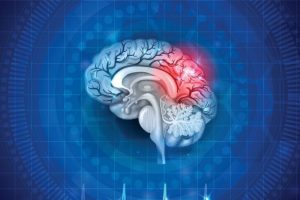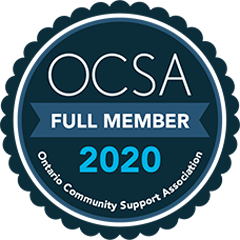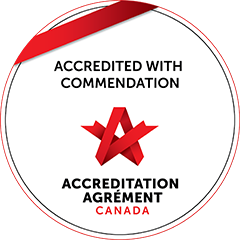For Professionals
Brain Injury and Substance Abuse: The Cross-Training Advantage
On receipt of a funding grant from the Ontario Neurotrauma Foundation, a project team of providers from the Centre for Addiction and Mental Health (Toronto) and the Toronto Acquired Brain Injury Network met to develop an educational resource for providers working in the fields of Brain Injury and Substance Abuse.
The team developed a video and supporting manual about cross-training advantages in the fields of Brain Injury and Substance Abuse.
The purpose is to:
- enhance understanding of the functional relationships between Brain Injury and Substance Abuse
- improve the identification, assessment and treatment of people with both Brain Injury and Substance Abuse problems
- Increase collaboration between providers in both fields to facilitate more integrated programming.
Additional information can be found on the Substance Use/Brain Injury Bridging Project website - http://www.subi.ca
The Manual
The accompanying manual is available here as a free download.
The manual is free and may be copied as free of charge.
Managing Problem Behaviours
Describes changes in the behaviour of a person with brain injury and strategies in dealing with such behaviour.
A Model for Community-based Services
Describes the 10 principles presented as an ideal model for community ABI programs.
Brain Injury and Substance Abuse
The Centre for Addiction and Mental Health (Toronto) and the Toronto Acquired Brain Injury Network developed this educational resource for providers working in the fields of Brain Injury and Substance Abuse.
Working with families
The most important word in dealing with families is collaboration. This article provides a number of suggestions for dealing with families of a person with brain injury.





